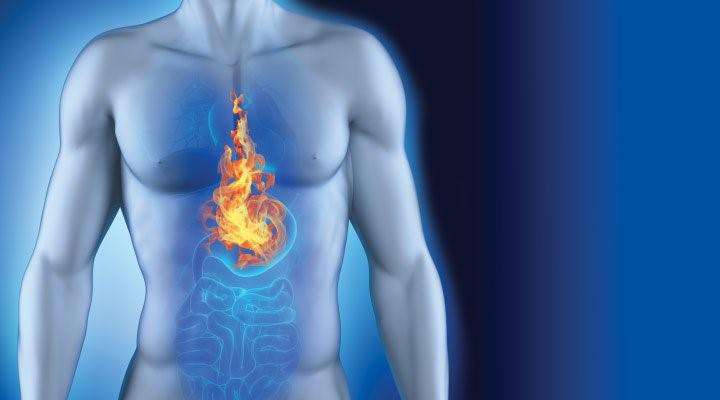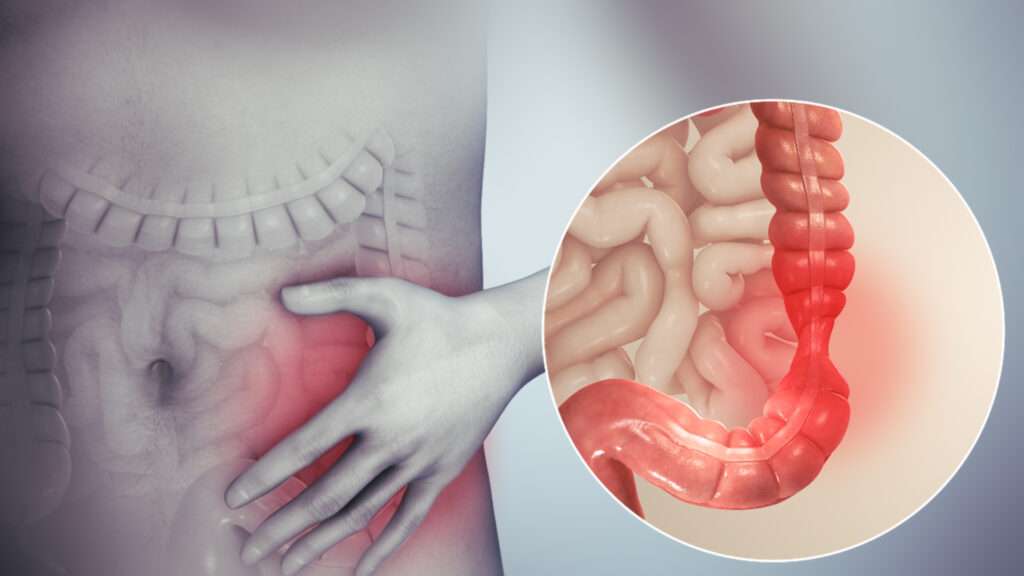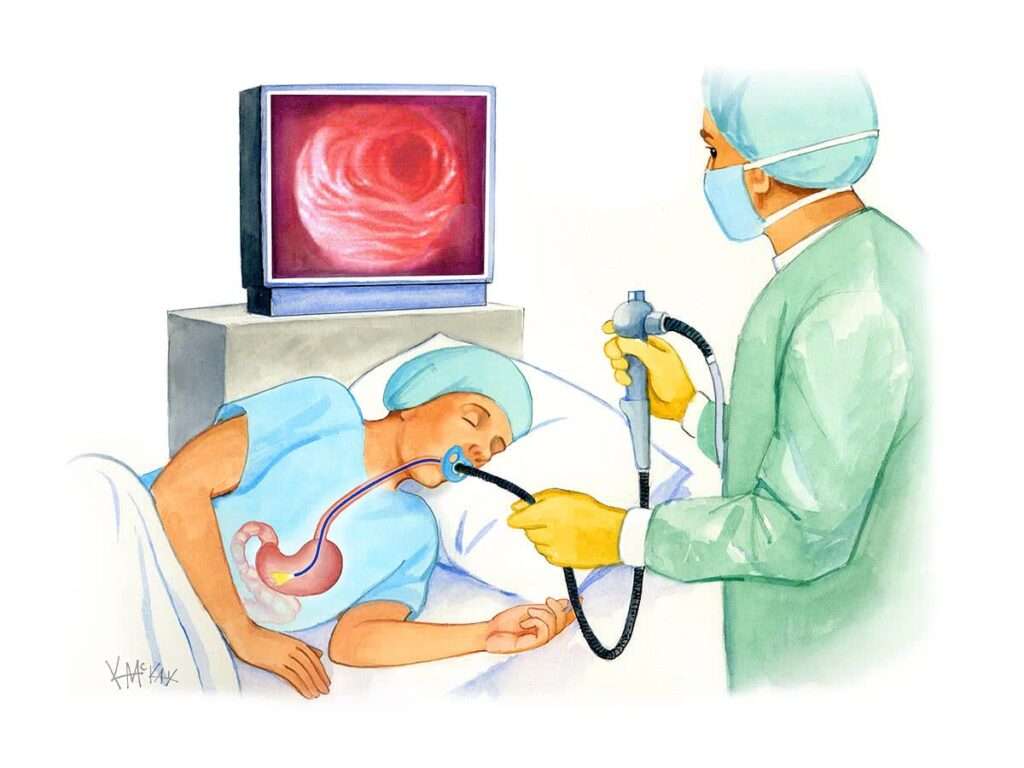Acid reflux, also known as gastroesophageal reflux disease (GERD), occurs when stomach acid flows back into the esophagus, causing symptoms like heartburn, regurgitation, and discomfort. Here are some lifestyle changes and remedies that may help alleviate acid reflux:
Dietary Adjustments

- Avoid trigger foods and drinks such as citrus fruits, tomatoes, spicy foods, fatty foods, caffeine, chocolate, and alcohol.
- Eat smaller, more frequent meals to avoid putting excess pressure on your stomach.
- Maintain a healthy weight, as excess weight can contribute to acid reflux.
Eating Habits
- Avoid lying down immediately after eating. Try to eat at least two to three hours before bedtime.
- Use an elevated pillow or raise the head of your bed to keep your upper body slightly elevated during sleep.
Hydration
Drink water between meals rather than during meals to avoid overfilling your stomach.
Chewing Gum
Chewing sugar-free gum after meals can stimulate saliva production, which may help neutralize stomach acid.
avoid smoking
Smoking can weaken the lower esophageal sphincter (LES), allowing stomach acid to flow back into the esophagus.
Stress Management
High stress levels can exacerbate acid reflux symptoms. Engage in relaxation techniques such as deep breathing, exercises , or walking .
Lose Weight
If you’re overweight, losing weight through a balanced diet and regular exercise can help reduce pressure on the stomach.
Avoid Tight Clothing
Tight clothing, especially around the abdomen, can put pressure on the stomach and exacerbate acid reflux.
Consult a Doctor
If your acid reflux symptoms are persistent, severe, or interfering with your daily life, consult a healthcare professional for a proper diagnosis and personalized treatment plan.
Remember that individual responses to these suggestions can vary, and it’s important to work with a healthcare provider to determine the most appropriate approach for your specific situation. If you experience symptoms like difficulty swallowing, persistent chest pain, or unintended weight loss, seek medical attention immediately as these could be signs of a more serious condition.




